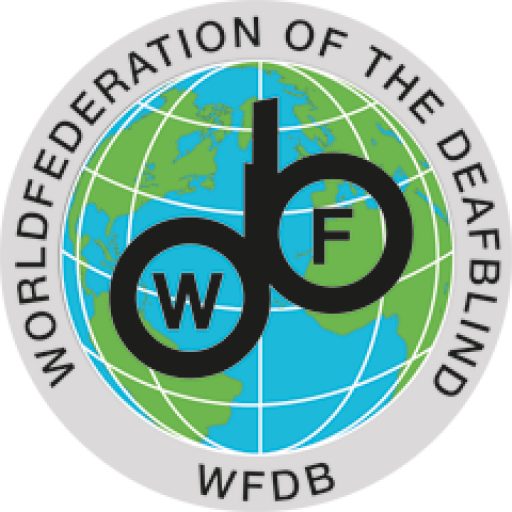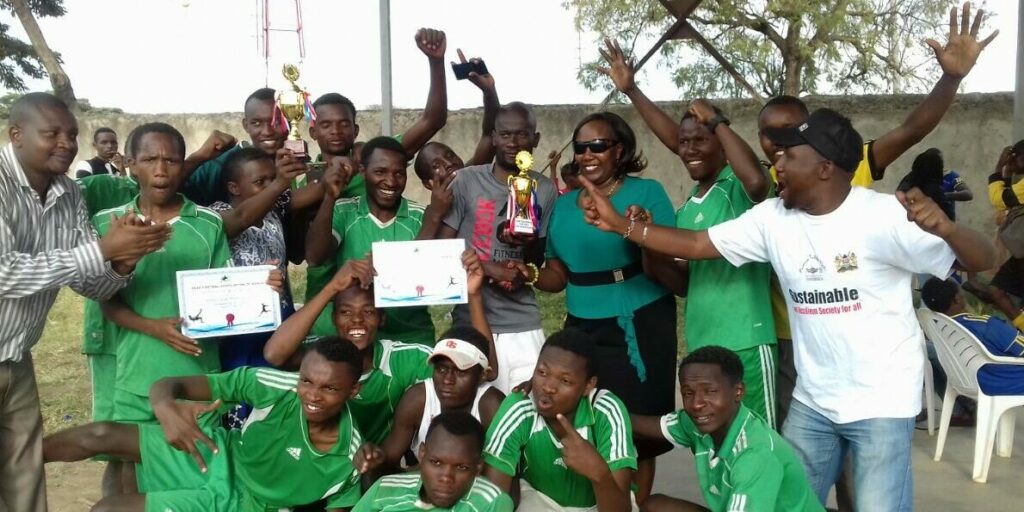OUR VOICE

The survey found that, whilst few countries legally restrict the right to vote of persons with deafblindness, few actually provide support to enable political participation.
At the 2018 Helen Keller World Conference, WFDB members were keen to share their experiences about political participation and engagement in public life. There is an acute perception that this is the only way to ensure that persons with deafblindness are recognised and get the attention they deserve and the services they require. Discussions were focused on the key issues in three domains: voting rights and accessibility, personal engagement in consultative mechanisms and beyond, and the development of DPOs.
- Voting rights and accessibility:
- Accessibility is a key issue in terms of political participation, both with regards to access to information about parties and their programmes, and the day of an election itself.
- In the majority of countries, no interpretation is provided on televised news or during political debates, preventing persons with deafblindness from making informed decisions. As a consequence, persons with deafblindness have access to limited political information. Many often do not even know the names of political parties or what they stand for. In turn, this reinforces existing prejudices among some families that persons with deafblindness are unable to vote.
- Voting ballots are often inaccessible. Where they are accessible, persons with deafblindness do not always have access to the right support to be able to vote.
- Political representation of persons with deafblindness:
- Persons with deafblindness are not adequately represented in politics at all levels. There is a lack of persons with deafblindness elected or appointed within the political arena.
- People face prejudices from people without disabilities and persons with other disabilities.
- Development of DPOs of persons with deafblindness:
- Many WFDB members expressed their frustration with the lack of recognition of organisations of persons with deafblindness, both by governments and disability movements.
- Whilst some countries have made progress, there is not yet true and full recognition of persons with deafblindness. As a result, there is little support and funding to enable people to participate in the political process.
Beyond the many challenges identified, WFDB members shared several encouraging developments and initiatives:
- In Croatia, the country’s deafblind association asked for and received financing from the government to provide deafblind interpreters on the day of an election. Voting lists were made accessible, in large print and braille formats. Persons with deafblindness were also given information on the different parties and programmes. In addition, a person with deafblindness has been elected to the country’s parliament.
- In the upcoming election in Sweden, persons with deafblindness who communicate using braille will automatically receive information about the election, as well as their voting card, in braille.
- In India, significant advocacy work has taken place with the Electoral Commission, notably inviting them to train persons with deafblindness on election procedures and the use of the voting machine. Such interaction has raised awareness among officials, who have since taken steps to increase the accessibility of elections. On Helen Keller Day 2018, Sense International India received news from the Election Commission that people with deafblindness will be included within the electoral process for the first time. Accessibility will be improved so that adults with deafblindness can participate in forthcoming general elections.
- In Malawi, the Electoral Commission introduced a tactile ballot. However, there is still room for improvement and the introduction of more features for persons with deafblindness.
- In São Paulo, Brazil, persons with deafblindness have been actively involved in the municipal council (see above).
- In Denmark, the country’s organisation of persons with deafblindness disseminates a twice-yearly magazine to inform policymakers and politicians about the key issues faced by persons with deafblindness, as well as their key needs and demands.
RECOMMENDATIONS
- Ensure that the right to vote is granted to all persons with deafblindness.
- Take into consideration the accessibility requirements of persons with deafblindness with regards to election campaigns, voting materials and polling stations.
- Support the engagement of persons with deafblindness in political and public life.
- Support organisations of persons with deafblindness and involve them as a distinct disability group in all consultations with disability movements.

